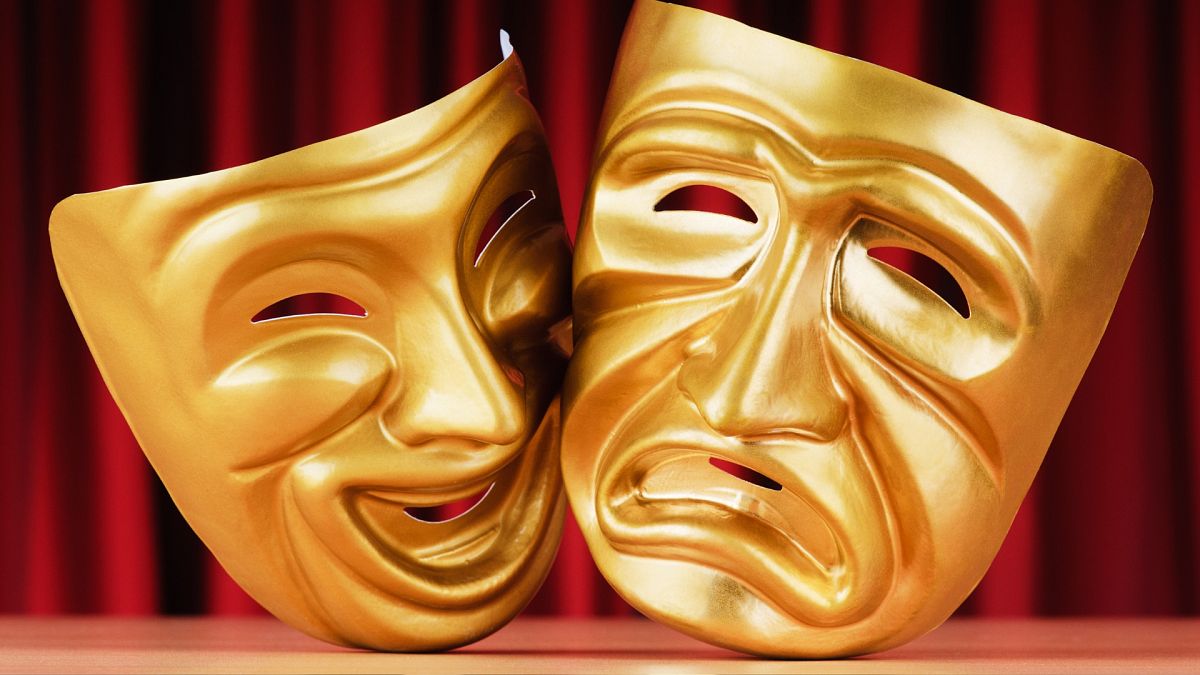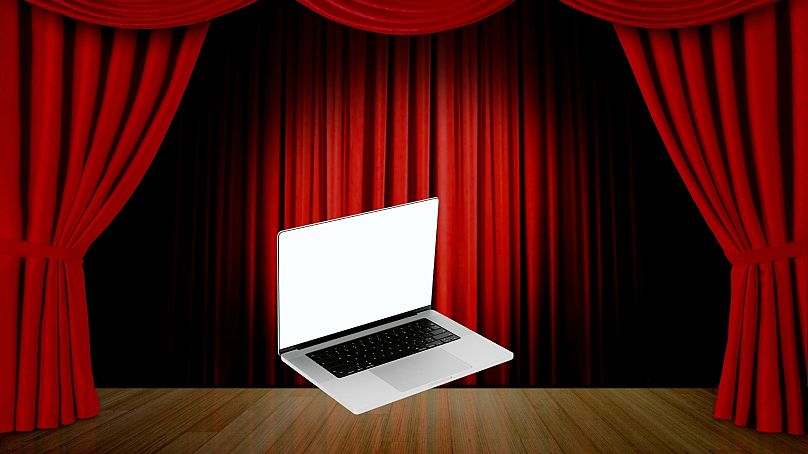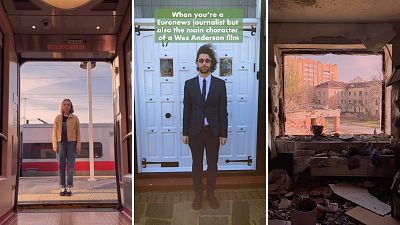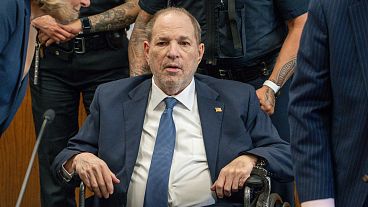Actors union Equity has launched a brand new toolkit to help artists consent to their performances being used by AI.
It’s been over a month since the Writers Guild of America (WGA) began strike action against the use of AI in the films and TV shows of Hollywood, among other complaints. Now, the UK equivalent union for actors has launched an AI toolkit to help British actors avoid exploitation by the burgeoning technology.
The WGA strikes saw over 11,000 actors put down their pens in support of demands concerning the exploitation of time and money by streaming giants. Alongside concerns over residuals, the WGA also took aim at the threat of Hollywood attempting to replace writers’ work with that of artificial intelligence.
As social media is filled with endless AI parodies of Wes Anderson’s distinctive cinematic style, or AI-generated unreleased songs by The Beatles, it’s easy to see how studio executives would want to utilise the technology to generate more artistic content for less time and money than employing actual humans.
This instinct has struck fear into the hearts of many creatives, scared that the beauty of artistic creation will be replaced by a more financially efficient and soulless alternative.
The WGA’s demands ask for AI to be both regulated and never used to write source material in scripts. Today, the UK’s performers union Equity launched an AI toolkit to help performers navigate a world increasingly influenced by AI.
Equity represents over 47,000 actors, singers, dancers and other performers in the UK.
The toolkit is a response to Equity receiving many requests from its members with concerns about AI. Designed in partnership with intellectual property expert Dr Mathilde Pavis, Equity has created resources and promised to lobby the UK government on AI policy.
Among the resources, Equity now provides members with a template contract to protect artists from having their work cloned by AI, alongside a template take-down legal notice if a platform has infringed on a performer's intellectual property with AI-generated content.
Equity wants performers to be in control of whether their image is or isn’t utilised by AI models. “With use of AI on the rise across the entertainment industries, Equity is taking action and giving our members the tools they need to safeguard their legal rights,” explains Equity’s Industrial Official for New Media, Liam Budd.
“We are proud to be leading the way by producing a ground-breaking template AI contract and setting out new industry standards. Whilst Equity will continue to engage with producers across the entertainment industries, the government needs to step in with robust measures to properly regulate the growing use of AI,” Budd adds.
The toolkit comes as the UK’s government develops its own policy for AI. In March, the government released a white paper policy report on AI. The report followed the government dropping a data mining exception policy that would have allowed any publicly available content to be free for AI use without prior consent. Nevertheless, performers are yet to be sufficiently protected by the suggested AI policy, claims Equity.
“The UK legal framework is not well designed to protect performers from unauthorised imitations of their work using AI technology,” says Pavis, the intellectual property expert Equity consulted.
“The Equity toolkit is a very good, but temporary, solution to protect performers until the UK Government reforms the law. We hope the government puts forward artist-centred and workable proposals for reform, going beyond voluntary codes of conduct. Having a clear legal framework on AI-generated performances makes for better business for all involved: performers, producers, content distributors, AI companies, and the consumer.”
When discussing the situation for French script writers, Basil Ader, a lawyer for the firm August Debouzy, explained that “under French law, scriptwriters are considered authors, which gives them several privileges related to their moral rights, in particular the right of respect of their work, which means that they cannot be forced to modify their creation against their will.”
“French script writers are therefore protected by their ‘moral rights’, and by the fact that nothing in the production contracts would authorise producers to substitute their creations with artificial intelligence,” Ader explains.




